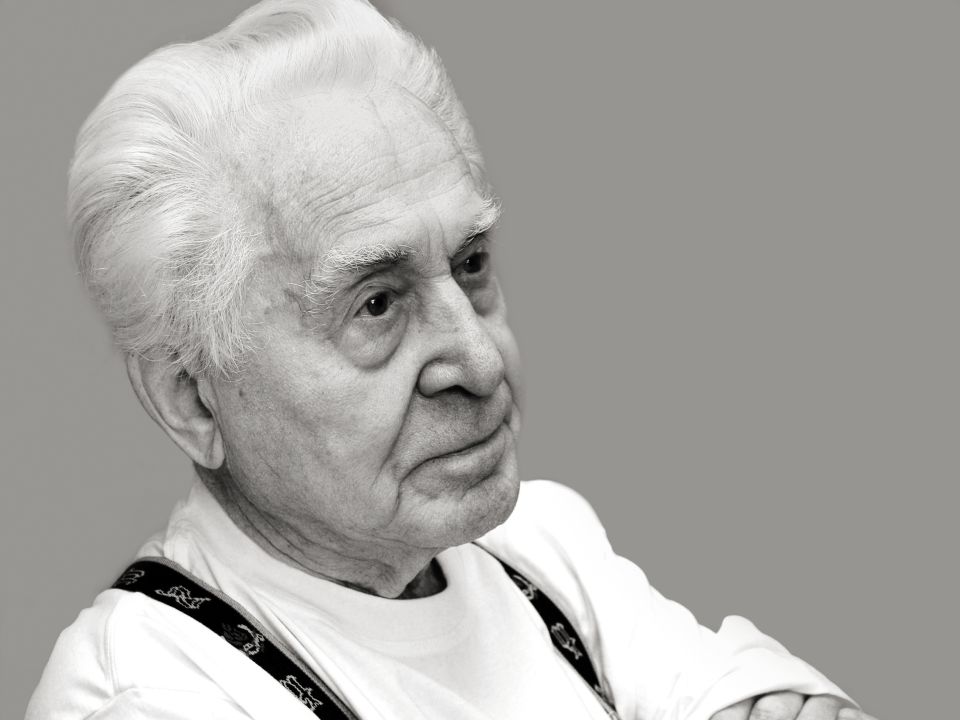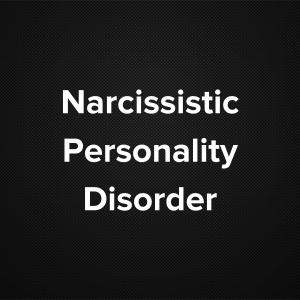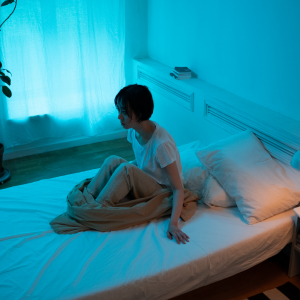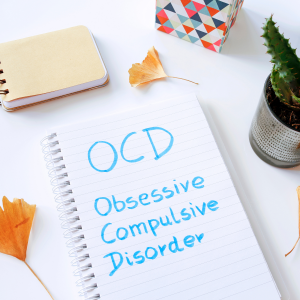Anxiety is something that we all experience at some point or the other in our lives. Anxiety is a state where the mind is in a state of worry and nervousness accompanied by unease. Anxiety reflects in the human body in the form of sweating, tremors, accelerated heartbeat, and rapid and shallow breathing. Of course, each person experiences the symptoms differently.
Anxiety largely depends on the source or stimulus. The cause can be justified or imaginary. So if you think recession may cause a severe pay cut in your industry, you do have a valid cause for anxiety. Similarly, if your child is accident prone and doesn’t turn up home, it is naturally going to cause anxiety and worry.
However, at times, the stimulus for anxiety maybe a completely irrational worry or it could even be anticipation of an event, which may or may not occur. The way these people react to possible future events in real time is referred to as ‘anticipatory anxiety’.
Scenarios for anticipatory anxiety
Anticipatory anxiety is that sudden dread or panic that a person feels when he thinks of an event in the future, and reacts to it negatively. What sets anticipatory anxiety from generalized anxiety is that it only sets off when the person thinks of a future event, providing stimulus to kick in the anxiety response. These people otherwise function normally.
For instance, a person who is to appear for an important interview suddenly starts imagining that he might do something embarrassing or commit some social blunder which will show him in a bad light. Other fears could include a dread of riding pillion on a motorcycle and being in an accident. Such people will have a heightened response and will try and even avoid situations which can make their imaginary fears real.
Anxiety ridden people do suffer much and at times they distance themselves from others for fear of being ridiculed and chastised for what might seem completely irrational to others.
Is there a cure?
The symptoms for anticipatory anxiety may be the same as other types of anxiety. However, it requires different strategies for dealing with it. If you think you are suffering from such a condition, then it is prudent to get a psychiatric evaluation to assess the extent of the problem. Medication or coping strategies can certainly help a person become more functional and gradually overcome the problem.





























